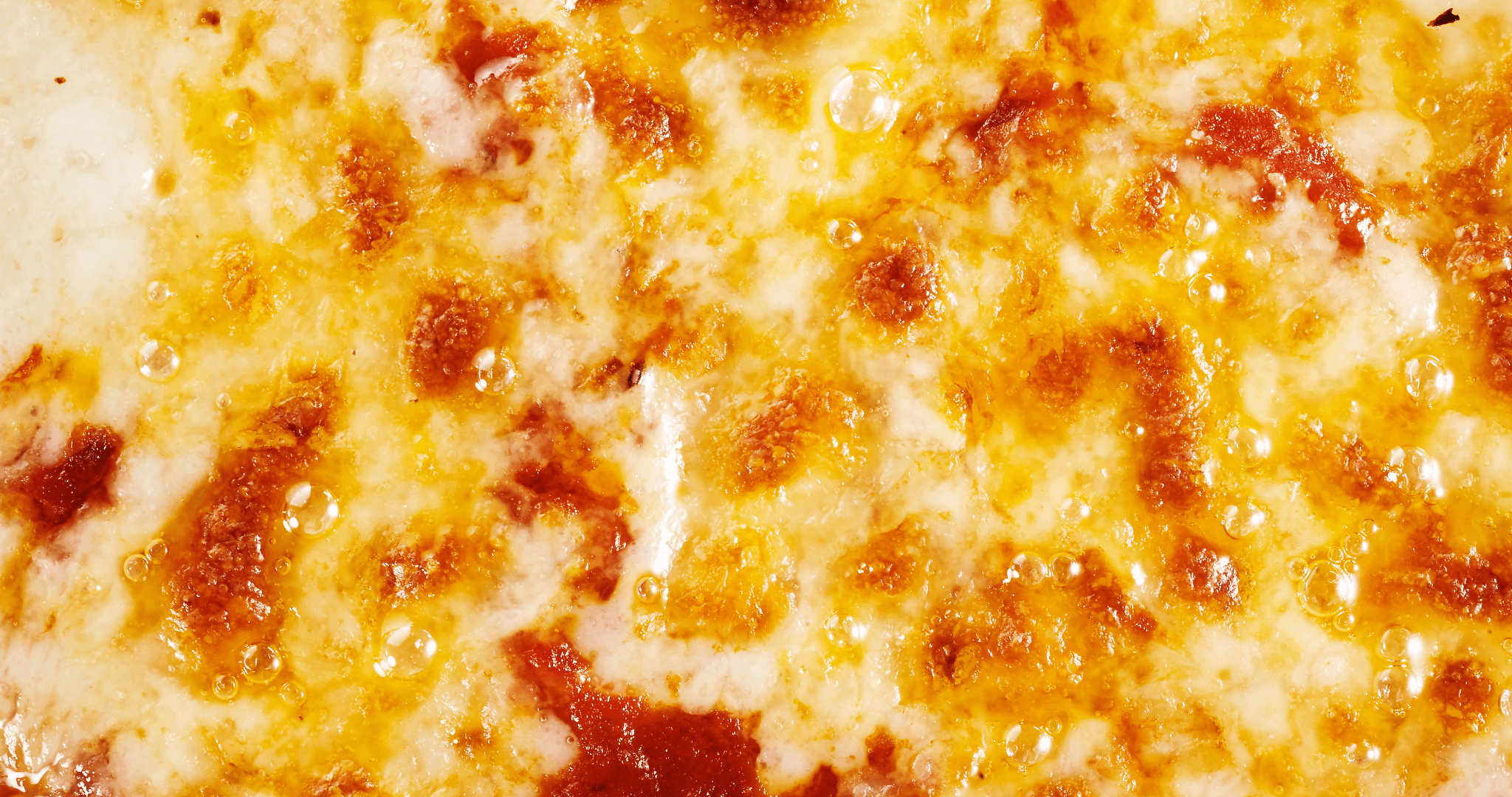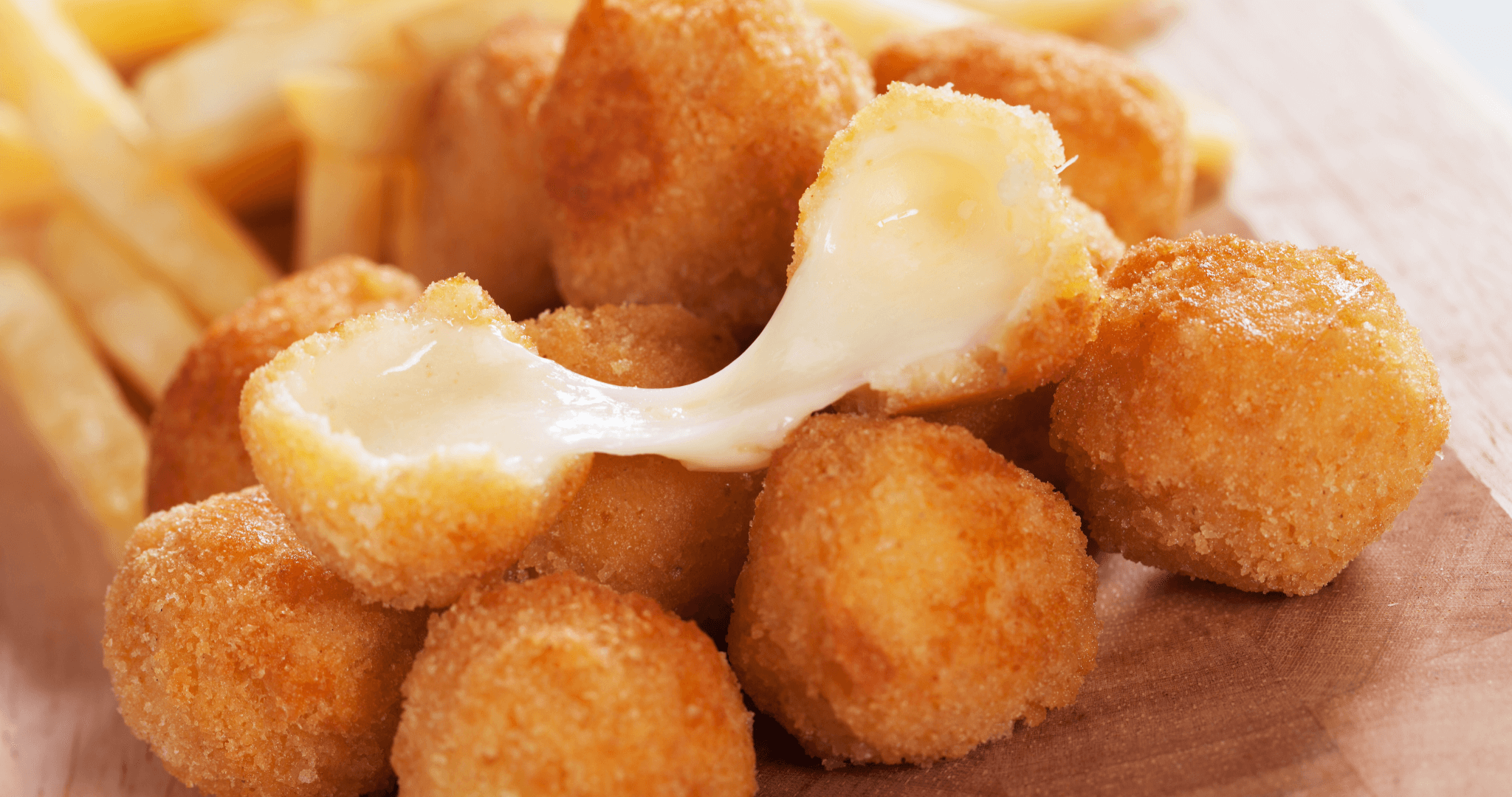The Irresistible Appeal of Melted Cheese
Posted by Emma on 21st Dec 2023 Reading Time:
Melted cheese captivates the palate with a rich tapestry of flavours and textures, a phenomenon deeply rooted in both science and sensory experience. This exploration, enriched with personal testimonies and scientific insights, delves into why melted cheese often eclipses its unmelted counterpart in taste appeal.

The Science of Melting: Unleashing Flavor and Texture
The transformation that cheese undergoes when heated is a molecular ballet. The milk protein networks relax as it warms, releasing water and allowing fat to flow freely. This process liberates fats that are intrinsically appealing to our taste receptors and enhance the cheese's creamy and savoury qualities.
Heating also brings out hidden umami flavours due to amino acids like glutamate. However, there's a fine line to tread – overheating can lead to an unappetizing mix of hardened protein and separated oil.
A key player in the appeal of melted cheese is its aroma. Studies have identified many volatile chemicals released during melting emanating from fatty acids, adding a buttery dimension to the scent. This olfactory aspect significantly shapes our taste perception.
Texture: The Unsung Hero of Taste
The texture of melted cheese, reminiscent of custard, is a cornerstone of its appeal. Its creamy, smooth consistency provides a delightful mouthfeel, enhancing taste sensations. Natalie Alibrandi, a food scientist, notes that melting alters the cheese's structure, making it more fluid and enhancing its mouthfeel.
Diverse Responses to Heat
Different cheeses react uniquely to heat, each with its thermodynamic properties and casein structures. The specific changes in flavour and aroma vary, contributing to the rich diversity of melted cheese experiences.
Natalie Alibrandi, a food scientist, said that while cheeses will react differently depending on their composition, Alibrandi says that one thing's for certain: Heating them will release different flavours, aromas, and complexity than what you'll experience when consuming unmelted cheese.
According to Alibrandi, there's another important reason why we may enjoy melted cheese more than most unmelted cheese. It's simple: Melted cheese is rarely consumed on its own (think: pasta, fondue, grilled cheese, pizza...). "This will likely also have an impact on the perception of the taste of melted cheese due to flavour association as well as flavour enhancement of the ingredients paired with melted cheese," Alibrandi says.

Our attraction to fatty, calorie-dense foods is possibly an evolutionary or learned trait. Ivan de Araújo, a researcher, notes that our mouths are particularly receptive to the texture of fats, signalling the presence of fat and triggering a pleasurable response.
In conclusion, the fascination with melted cheese is a blend of science, sensory pleasure, and personal experience. Its transformation through heat reveals new dimensions of flavour and texture, making it a cherished ingredient in various cuisines.

